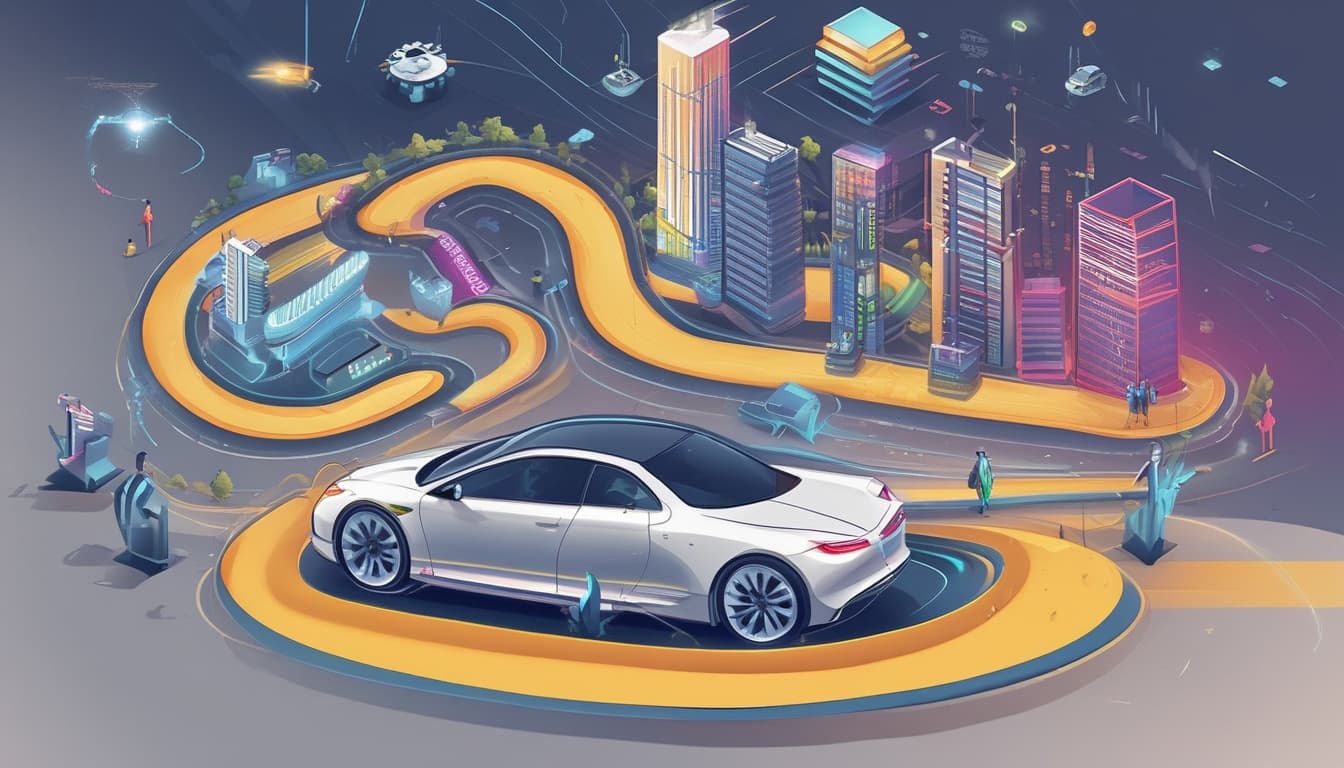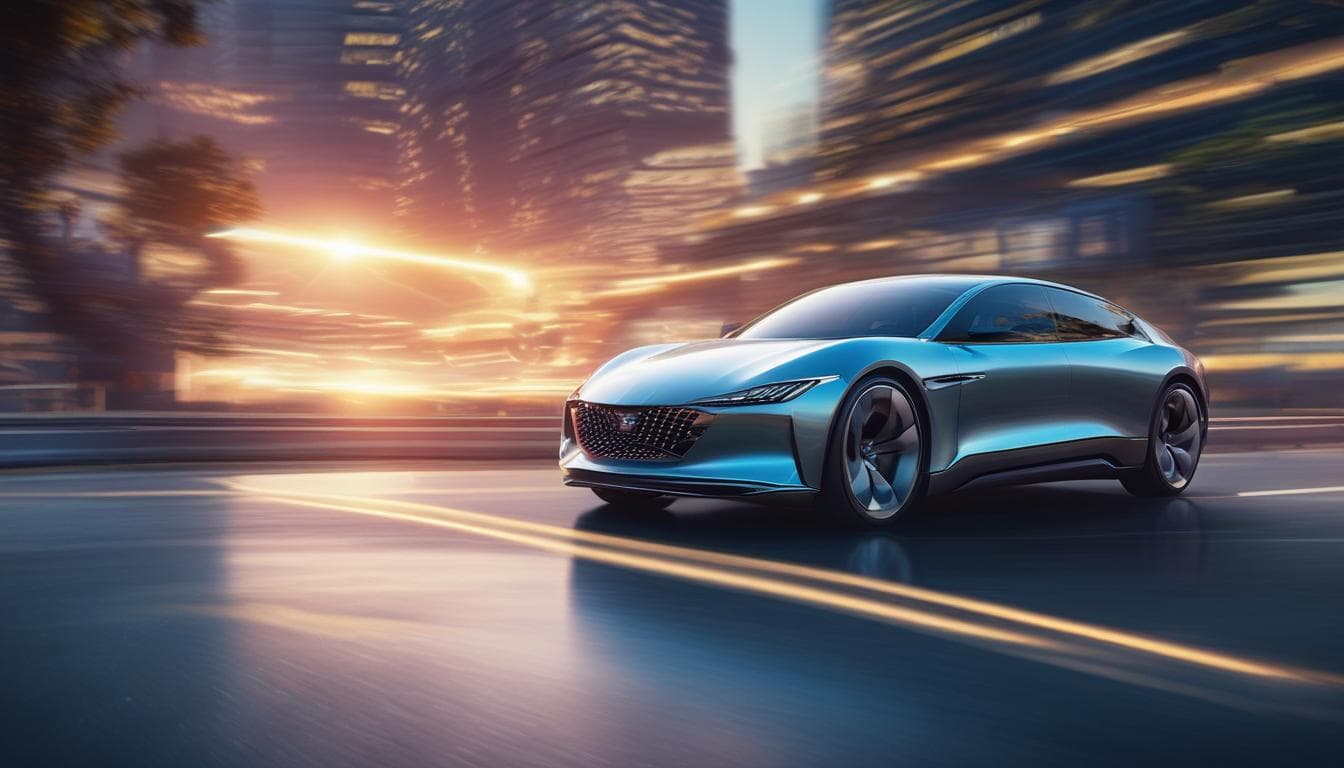With the increasing sophistication of AI in vehicles, how do you envision the future of in-car personalization evolving beyond entertainment and comfort? Imagine AI anticipating not just your preferred temperature, but also your mood, stress levels, or even suggesting personalized micro-experiences during your commute. What ethical considerations and potential benefits arise from such deep integration of AI in our driving experience?
The future of in-car personalization driven by AI holds immense potential, extending well beyond mere entertainment and comfort. Here are several ways in which we can anticipate this evolution:
Enhanced Mood Analysis
-
Emotional Detection: AI systems can harness facial recognition and voice analysis to gauge a driver’s emotional state accurately. For instance, if you appear stressed, the AI might suggest calming music or a scenic route to promote relaxation.
-
Adaptive Environments: By continually assessing your mood, the vehicle can automatically adjust lighting, temperature, and even fragrance to enhance your emotional state.
Stress Management Features
- Mindfulness Sessions: AI could offer tailored mindfulness or breathing exercises during peak traffic, seamlessly integrating relaxation techniques into the driving process.
- Rest Break Suggestions: Recognizing signs of fatigue, AI could recommend timely breaks at optimal rest areas, enhancing driver safety and comfort.
Personalized Micro-Experiences
- Tailored Notifications: Imagine receiving personalized updates about the local weather or traffic conditions that align with your current interests or plans, helping you make informed decisions on-the-go.
- Automated Decision-Making: The AI could analyze your destination and preferences to suggest alternative routes through areas you enjoy—like favorite coffee shops or scenic views—turning a mundane commute into an enriched experience.
Ethical Considerations
While these innovations are exciting, they raise important ethical questions:
- Privacy Concerns: With deep integration, the extent of data collection required for such personalization is significant. Users must be assured that their data is secure and used ethically.
- Autonomy vs. Assistance: It is crucial to maintain a balance where AI enhances the driving experience without overstepping into the territory of decision-making that should remain with the driver.
- Bias in AI Systems: The effectiveness of mood detection technologies can vary widely among different demographics, necessitating careful development to avoid reinforcing stereotypes or overlooking specific user needs.
Conclusion
In conclusion, the potential benefits of advanced in-car AI personalization are vast, from improved emotional well-being to heightened driving safety. However, as we embrace these developments, it's imperative that we engage in discussions regarding ethical frameworks and data privacy to ensure that the advancements benefit all users responsibly. What are your thoughts on the best approaches to address these ethical considerations?
이 주제에 대해 더 알아보기
대화에 참여하기
- 자율주행 시대의 미래 자동차 실내 디자인: 당신의 상상은?
자율주행 기술의 발전으로 자동차 실내 공간은 어떻게 변화할까요? 이동 중 업무, 엔터테인먼트, 휴식 등 다양한 목적에 맞춘 미래형 자동차 디자인과 혁신적인 기능에 대한 아이디어를 공유하고 토론해 보세요. 증강현실, AI 등 미래 기술 접목, 맞춤형 공간 구성 등 자유로운 상상을 펼쳐보세요.
- 자율주행 시대, AI가 제시하는 자동차 선택과 운전 경험 변화
AI가 자동차 선택을 돕는 자율주행 시대에 운전 경험은 어떻게 변화할까요? 새로운 자동차 사용 시나리오와 이색 분야에 대한 가능성, 그리고 개선 방향에 대한 의견을 나눠보세요.
- 자율주행 시대, 자동차의 '디지털 영혼'은 어떤 가치를 가질까요?
자율주행 시대에 자동차가 단순히 폐기되는 것을 넘어, 축적된 주행 데이터와 개인 정보를 보존하는 '디지털 아카이브'로 진화할 가능성을 탐구합니다. 차량의 '디지털 유산'이 가져올 새로운 가치와 미래 모빌리티의 방향성에 대해 함께 토론해 보세요.




